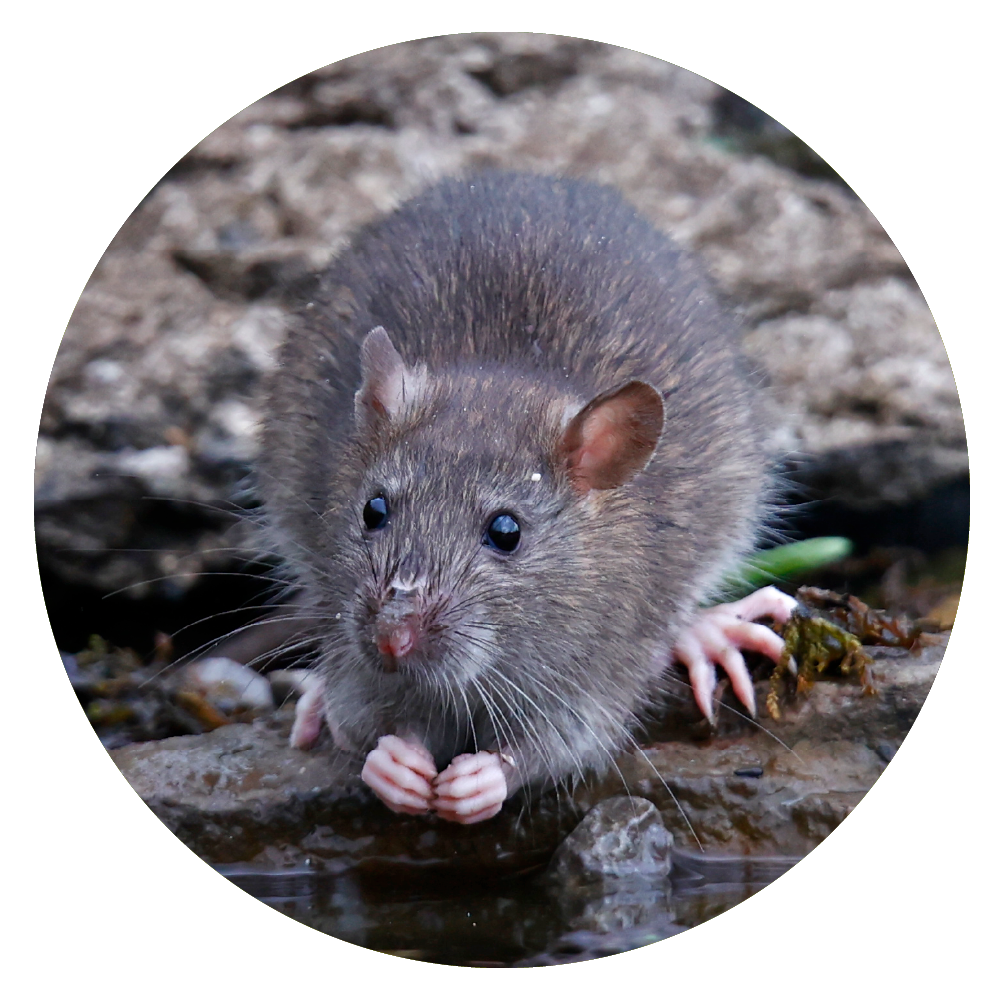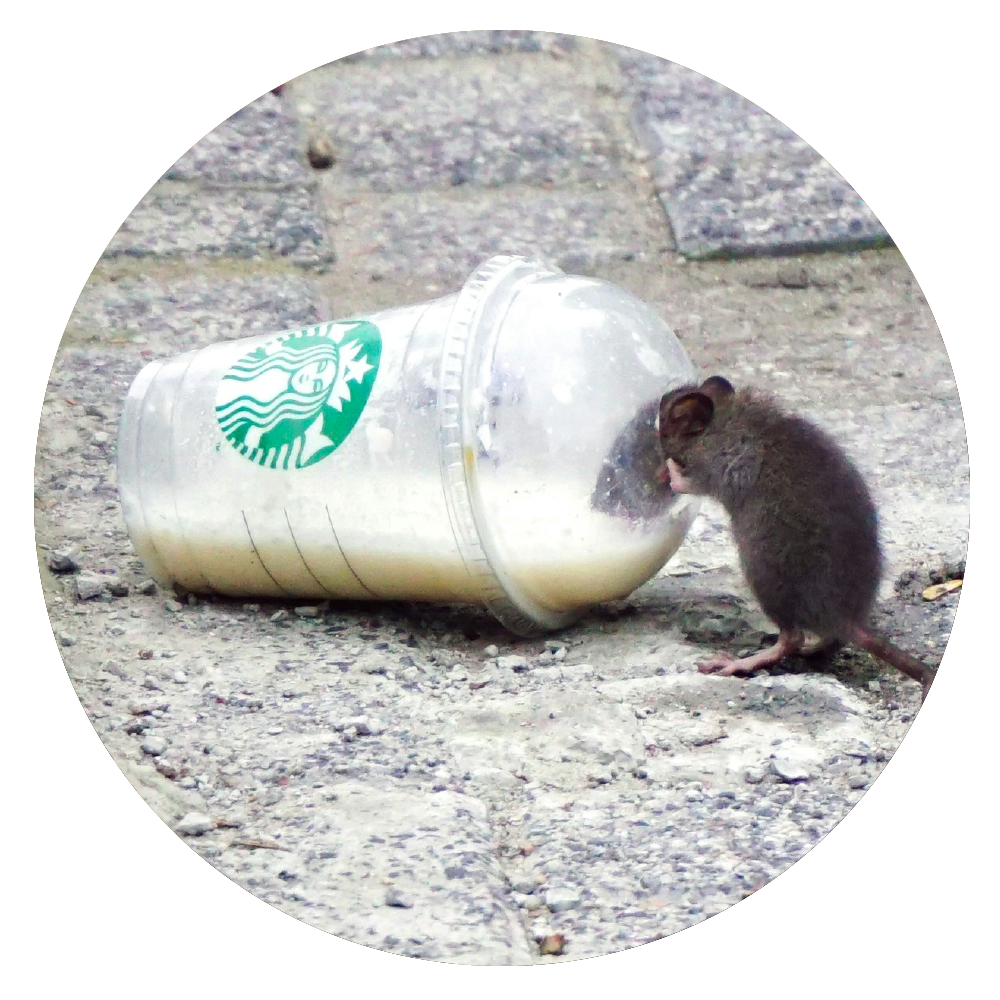Rats
We possess extensive knowledge and comprehension of rat behaviour, coupled with years of expertise in handling rodent infestations. Whether you seek a rat exterminator, rodent proofing, or rodent monitoring, our team is here to provide you with the finest solutions to your pest issues round the clock.



What to know about rats?
Rats can inflict considerable harm to property as a result of their teeth continually growing. Rodents habitually gnaw on objects to maintain their incisors. They are capable of chewing through a range of materials, including certain metals!
Marking territory
Nocturnal animals
Populate rapidly
Great at climbing
Have a question? check these answers.
Rodent infestations in the UK can quickly escalate! Typically, a female rat can give birth to six broods every year, each consisting of twelve pups. However, in reality, most broods have between five to offspring. Remarkably, these pups reach sexual maturity at just four to five weeks old, enabling the population to surge from two to potentially twelve-fifty within a year, paving the way for further exponential growth.
Yes, rats are known to carry and spread various diseases that can affect humans. These diseases can be transmitted directly through contact with rat faeces, urine, saliva, or bites, or indirectly through fleas, mites, or ticks that have fed on infected rats.
To maintain a pest-free environment and safeguard public health at your business, you must adhere to several legal obligations.
The Prevention of Damage by Pests Act 1949, a piece of legislation in the United Kingdom, imposes a responsibility on local authorities to manage mice and rats. This law empowers local authorities to require landowners and/or occupants to take measures to eradicate rats and mice from their land.
Moreover, the Food Safety Act 1990, enacted by the Parliament of the United Kingdom, mandates that food intended for human consumption must be handled in a manner that ensures it remains free from pests and is controlled and managed appropriately.
Environmental Health Officers or General Enforcement Officers possess the authority to issue enforcement notices to business owners who fail to implement adequate pest control measures.


